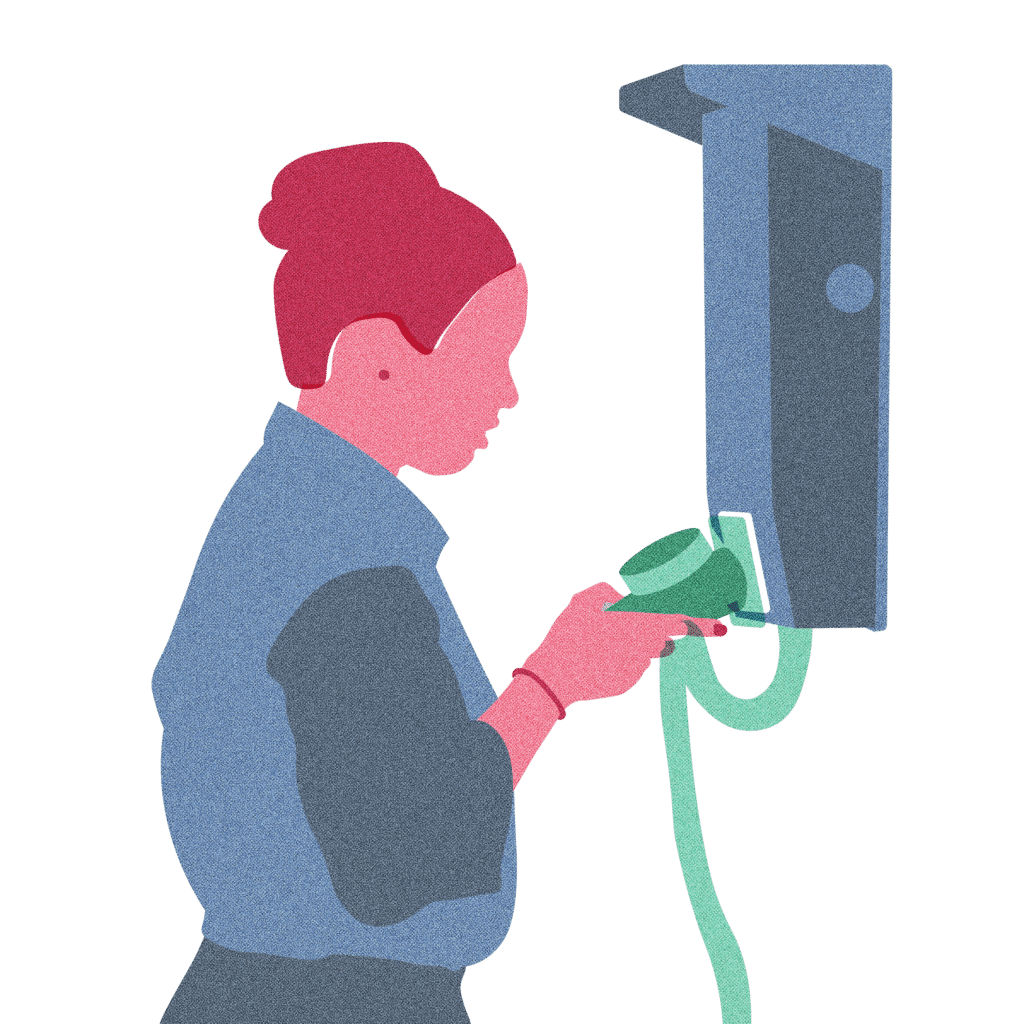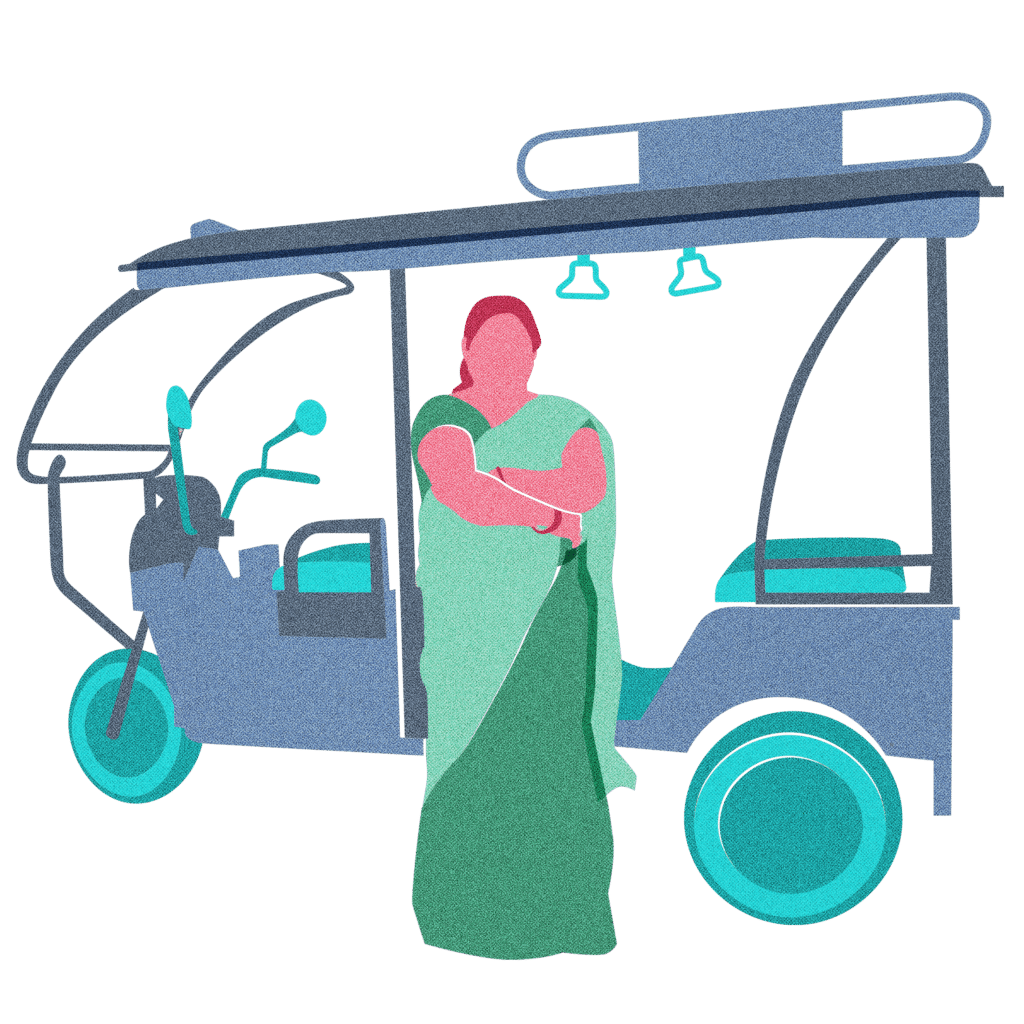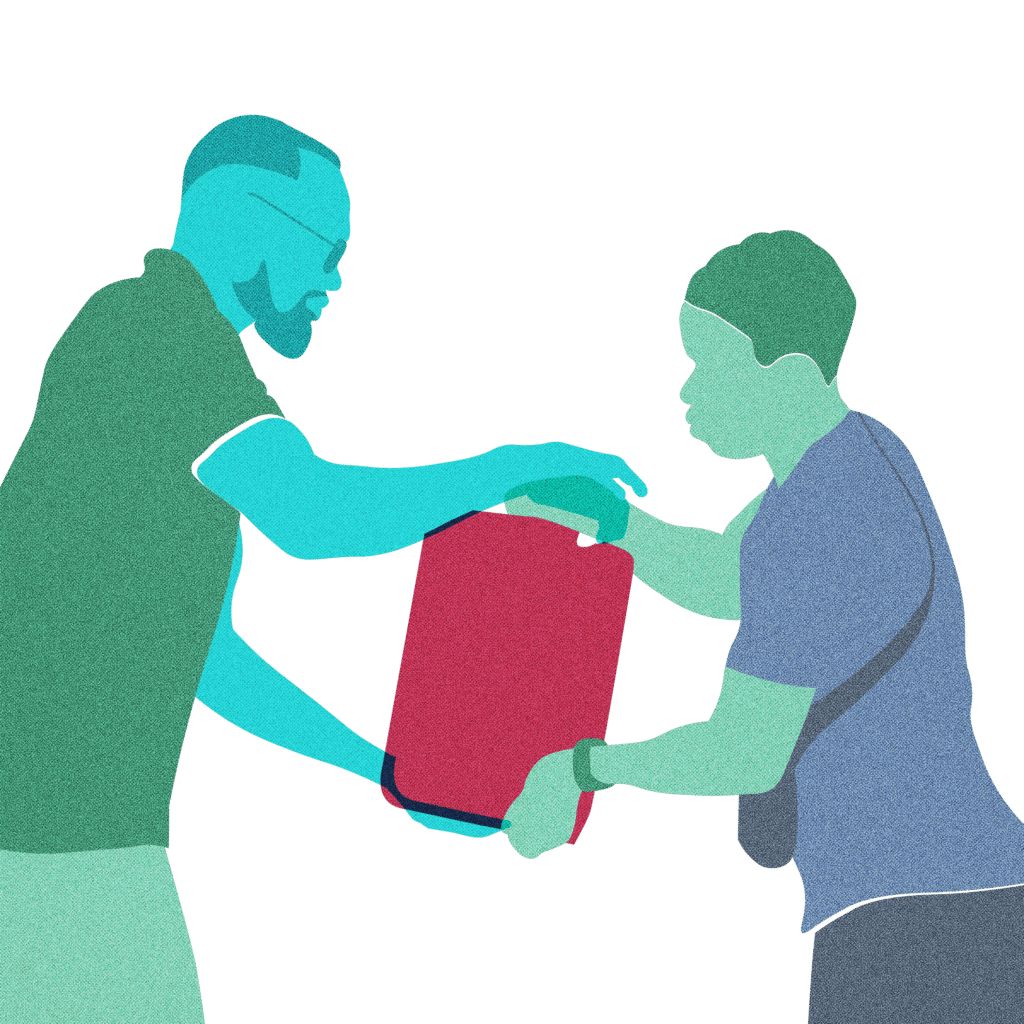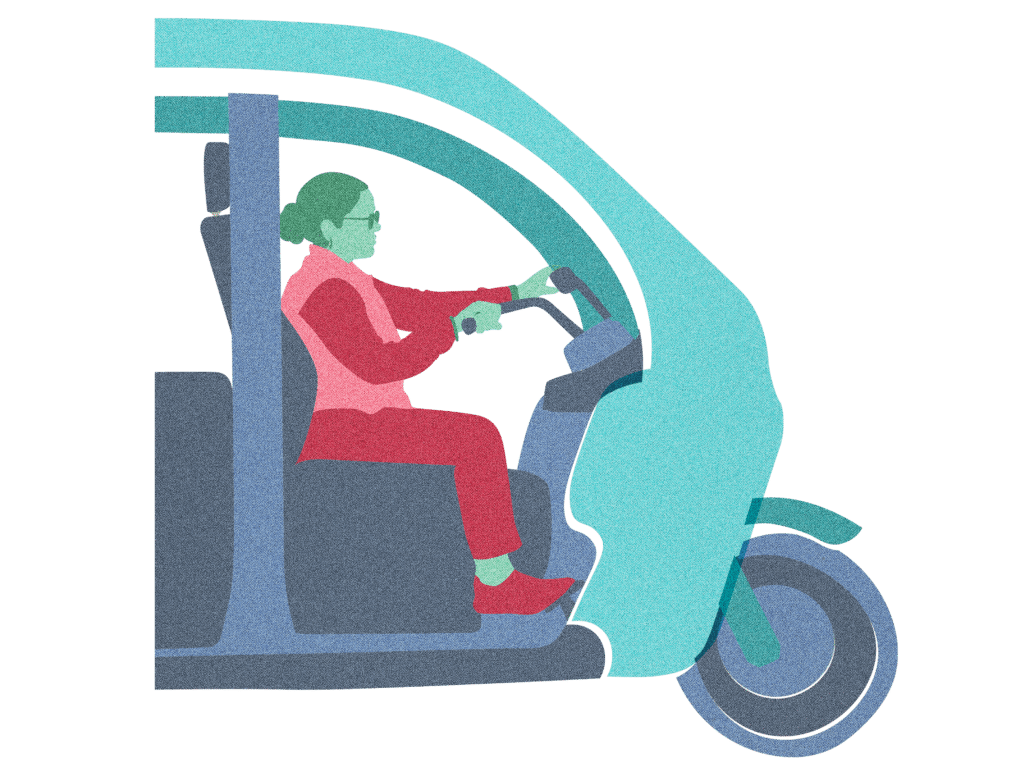Does access to inputs, information, credit and markets result in increased income for smallholder farmers?
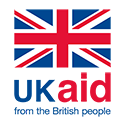
We have supported AgroCenta since 2020 as part of our Catalysing Agriculture by Scaling Energy Ecosystems (CASEE) programme, co-funded with the Foreign Commonwealth and Development Office.
AgroCenta provides tailored financing, marketing and other support such as advice for usage of different clean and efficient energy agricultural tools to help smallholder farmers improve their productivity. In a new research paper, the business has evaluated the effect of better access to inputs, agricultural extension information, credit and markets on farmers’ income and solar energy access.
DOWNLOAD THE RESEARCH (PDF, <2MB)
Using descriptive and regression techniques to analyse data collected from a survey with farmers in the Upper East and Eastern Regions of Ghana, AgroCenta tested five hypotheses. Key findings from the research are presented under each.
- Hypothesis 1: Increased access to farm inputs does not lead to increased income for farmers
- Hypothesis 2: Better access to agricultural extension information does not lead to increased income for farmers
- Hypothesis 3: Access to formal credit does not lead to increased income for farmers
- Hypothesis 4: Access to formal markets does not lead to increased income for farmers
- Hypothesis 5: Higher income does not result in increased investment in solar energy devices
The findings from the research lead to the research making recommendations for those supporting smallholder farmers to increase income and access to solar energy:
- Support farmers’ access to inputs as it may lead to higher income. Specifically, women-focused input access strategies should be considered.
- Encourage the sale of produce to formal marketing channels as opposed to local markets,
- Invest in increased access to extension information
- Research is needed to understand the optimal structure of formal credit available to small scale farmers.
- Intention to buy a given solar energy device varies by income and gender, so relevant targeting strategies are useful.





